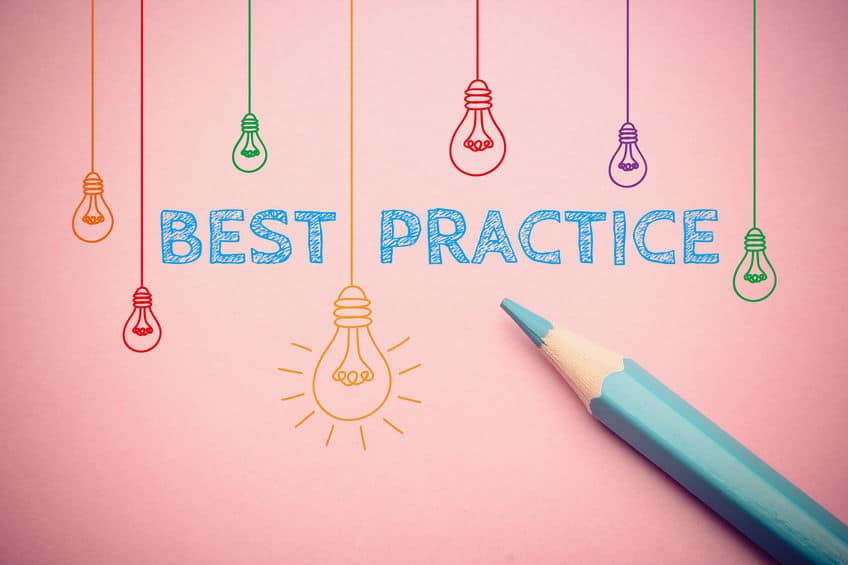Know The Difference Between Poor Practice & Effective Practice?

“We’ve all been told at some point in our life that practice makes perfect. Well I’m here… to burst the bubble. It’s not true. Practice does not make perfect. Perfect practice makes perfect,” says pianist Claire Tuller, who began formal piano studies at the age of five.
This is a viewpoint echoed by experts, researchers, and those who have attained excellence in some way. Essentially, one could put in hundreds of hours of poor practice, and the results would be drastically different from what is achieved with intentional and focused practice.
How is effective practice different from poor practice, and how can you help your child to develop better practice habits — be it for academics or an extracurricular activity, such as sports or music? Read on to find out more.
Poor Practice Is Unfocused Practice
With distractions galore, you may find that your child is unable to stay focused on a task for more than five minutes at a time. How can you help your child to change this?
First, talk to your child about creating a conducive environment for practice. This involves finding a quiet space in your home that is free of phones, laptops, and other distractions. Or, you could simply switch devices to silent mode for the duration of practice.
If your chronically distracted child is trying to get work done, think about how you can create cues to signal to your child that it’s time to focus. Examples of cues include having a dedicated space for practice, turning on a lamp only during practice, using aromatherapy, or putting on an instrumental playlist that doesn’t get in the way of concentration.
Using the same cues each and every time your child is practising could create positive associations at a subconscious level, which can help your child to stay on task.
Poor Practice Doesn’t Involve Breaking Down A Task
If your child is working on exam paper after exam paper without identifying what he or she is weak at, or practising a musical or sporting routine without taking time to focus on specific weaknesses, that’s poor practice.
Whether it’s for studies or an area of interest, you can help your child to identify his or her strengths and weaknesses.
In academics, there will be specific topics or questions that your child consistently faces problems in tackling, and the same applies for any other skill he or she is trying to pick up. Be it an assessment book or a musical piece, you can mark out (or make a list of) the areas that need extra practice, and ensure that the bulk of practice time is spent on addressing those weak areas.
Poor Practice Involves Repetition Without Feedback & Tracking
Doing something over and over again doesn’t necessarily make you better at it. In fact, you could even be reinforcing poor habits and mistakes.
If you are unable to provide feedback to your child, encourage him or her to check in regularly with a teacher or coach, to find out what he or she needs to do better.
For academic skills such as reading aloud or presentations, as well as for the performing arts and sports, video recordings can be highly useful for your child to assess the areas that require improvement. In certain sports, such as gymnastics, where points are gained and lost due to specific technicalities, parents have even taken it upon themselves to attend judging courses so that they can provide informed feedback to their children.
The important thing is that children should be aware of exactly what is lacking, and what they need to do to improve their performance, otherwise their practice efforts will be little more than shots in the dark.
Next comes tracking one’s progress, whether it’s in the form of a score, or a skill or routine that needs to be mastered.

Find ways to track your child’s progress clearly, perhaps in a chart or an Excel spreadsheet. If a child is practising a routine 20 times a day without managing to improve or achieve eventual mastery, further intervention may be needed — such as a one-to-one session with a tutor or coach — to iron out the weak spots.
Poor Practice Is About Having A Fixed Mindset
Effective practice is neither easy, nor fun. It’s important that your child knows how most people get good at what they do — by practising.
Be wary of remarking that someone is “talented,” as this may lead your child to believe that innate talent is the key to success. Instead, find out all about the person’s journey to success, such as his or her educational background, and the opportunities that he or she has pursued along the way.
More importantly, look for information about the successful individual’s practice routine. Olympic athletes, for instance, have been known to train for up to 50 hours a week, or eight hours a day.
It’s also a natural part of practice to feel frustrated and discouraged. The question to ask is: do you give up or keep going? And who can you seek help from, if you can’t do it alone?
Sometimes, it helps to get children to visualise the end result that they would like to see, and to verbalise the steps that it would take to get there. (Read our tips for dealing with resistance to work.)
To motivate children, show them kid-friendly videos about effective practice, and look for behind-the-scenes stories of famous personalities that they admire, so that they will understand the true value of hard work, and be willing to undertake it themselves.
Still curious about helping your kids to strive for their best? Read our articles on growth mindset and goal setting, and join the KSP conversation on raising self-motivated kids.
